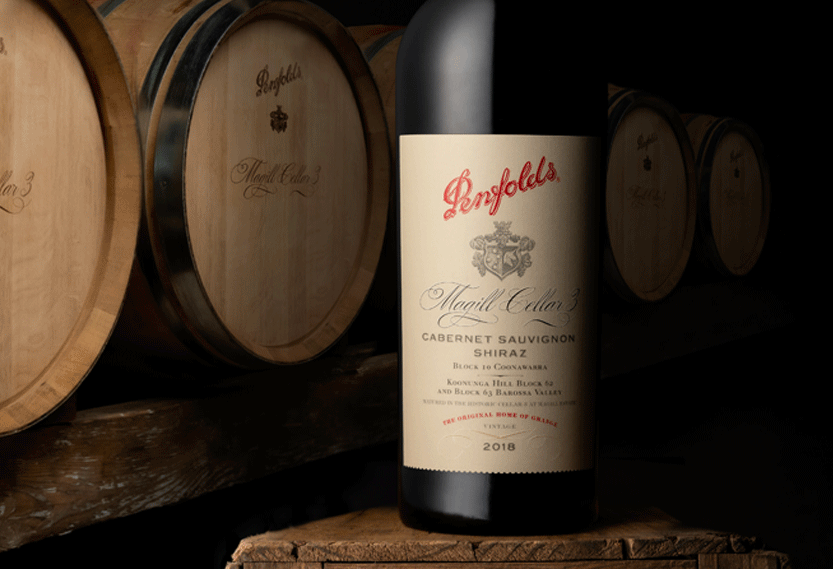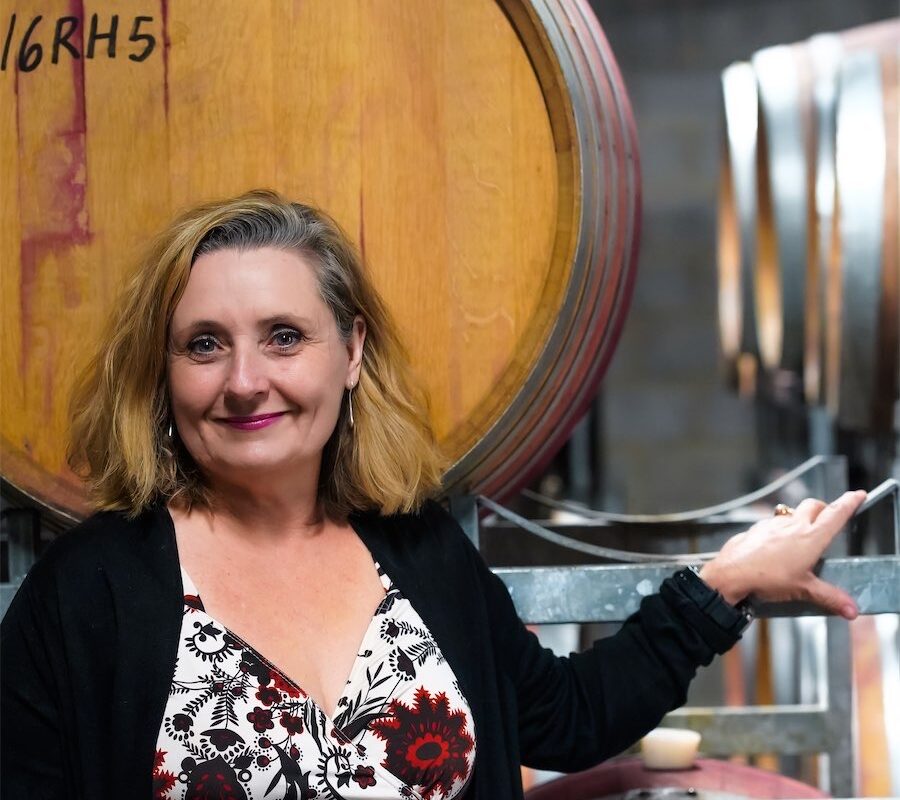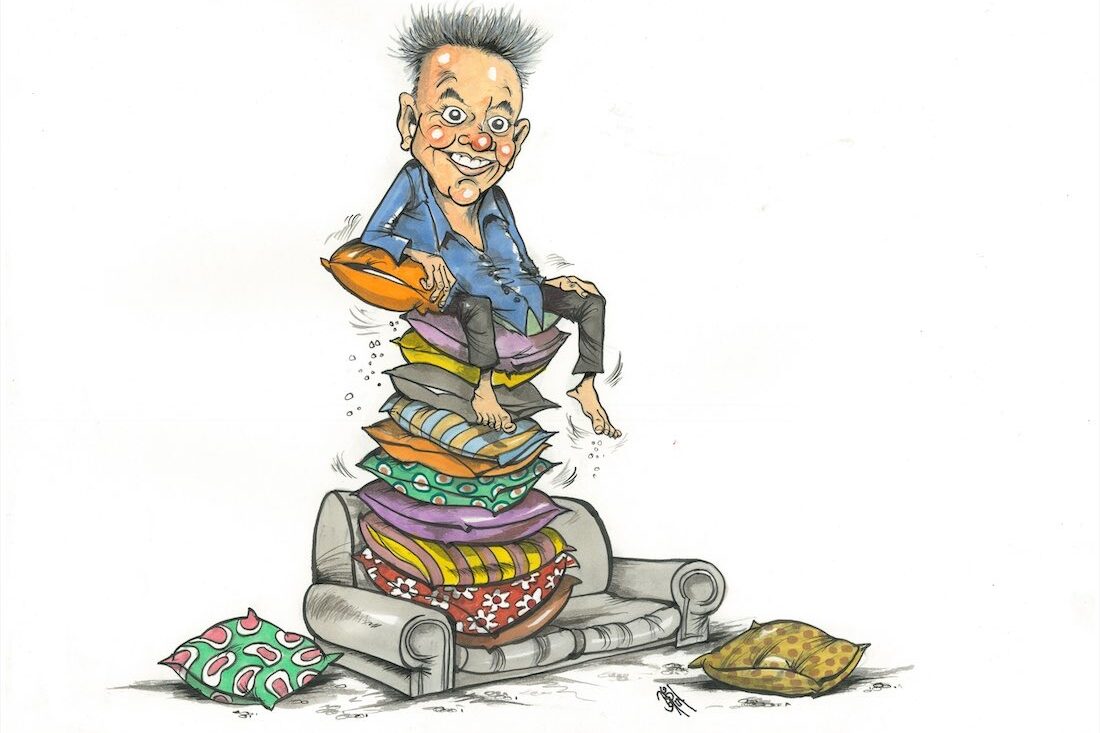
Wine writer RICHARD CALVER is a lawyer (and a wine lover). In the course of his day work, he came across the “cool” concept of non-fungible tokens and discovered how Penfolds is applying it to the industry.
A 40-year-old lawyer who had been practising since he was 25 died and arrived at the Pearly Gates for judgment. The lawyer said to St. Peter, “There must be some mistake! I’m only 40 years old, that’s far too young to die.” St. Peter frowned and consulted his ledger. “That’s peculiar because when we add up your billing records, you should be at least 83 by now!”
BY the end of March each year, lawyers are required to have accumulated sufficient continuing professional development (CPD) points to be permitted to hang out their shingle for another year, starting from April Fool’s Day.

As part of my CPD, I enrolled in a webinar presented by international law firm Norton Rose Fulbright (NRF) entitled “The Great Penfolds Wine NFT Experiment: Why All Companies Need to Think NFT”.
It was presented by one of NRF’s lawyers as well as Kristy Kyte, Penfolds chief marketing officer, and Sam Falic, co-founder and president of the Web3 tech company, BlockBar, which partnered with Penfolds on the project.
The presentation was informative and annoying. As to the latter admonition, I really didn’t believe that describing a non-fungible token (NFT) purchase as something that would make me “the coolest kid on the block” was in any way motivating as a rationale to make a purchase.
Despite that jarring note, informative it was, save for the mind-blowing cost of purchasing the NFT. But backing up for one moment, an NFT is a unique token used to show ownership of digital and sometimes physical assets. Fungibility is the ability of a good or asset to be interchanged with other individual goods or assets of the same type. So, cash is fungible. Ownership of a house is ownership of a non-fungible asset.
NFTs are useful in wine marketing, we were told, because it opens up the “high end” wine market to a different demographic, younger folk who take an interest in cryptocurrency and NFTs; hence the “cool kids” comment that I mentioned before.
After the seminar, I went on the Penfolds website and learned at least one thing not mentioned during the webinar: the price.
For $180,000 you get a single-barrel NFT, which will be converted into 300 bottle NFTs at the date of bottling of the wine in October 2022.
The process will be verifiable through the blockchain, with each NFT being identified with a barrel and bottle number. Each bottle will be stored in limited-edition gift boxes at BlockBar’s facility until redeemed by the purchaser no earlier than the date of release of the wine in October 2023.
There are also experiential items thrown into the mix redeemable as part of the purchase of the NFT. As part of the NFT purchase, the owner of the barrel NFT at the time of bottling in October 2022 will receive a personalised keepsake barrel head and an opportunity to engage in a selection of special experiences, which include a private wine tasting in Magill Cellar 3 (Penfolds Magill Estate Winery, in SA, from whence the wine will be made). As well there’s a vineyard tour, with regular video updates and imagery from the winemakers and a virtual tasting, and visit to Penfolds Magill Estate Winery, for a “day in the life” of a Penfolds winemaker experience. These all reinforce the “wine journey”.
Oh and the wine? I believe it’s a shiraz described by Ms Kyte thus: “Magill Cellar 3 from the 2021 vintage, is not available for public purchase making it the ultimate collector’s item”. But, of course, the NFTs are available. And by the way, Qantas Wine is selling Penfolds Magill shiraz 2016 for $139 a bottle.
Who can be trusted?
In a world of spin and confusion, there’s never been a more important time to support independent journalism in Canberra.
If you trust our work online and want to enforce the power of independent voices, I invite you to make a small contribution.
Every dollar of support is invested back into our journalism to help keep citynews.com.au strong and free.
Thank you,
Ian Meikle, editor




Leave a Reply